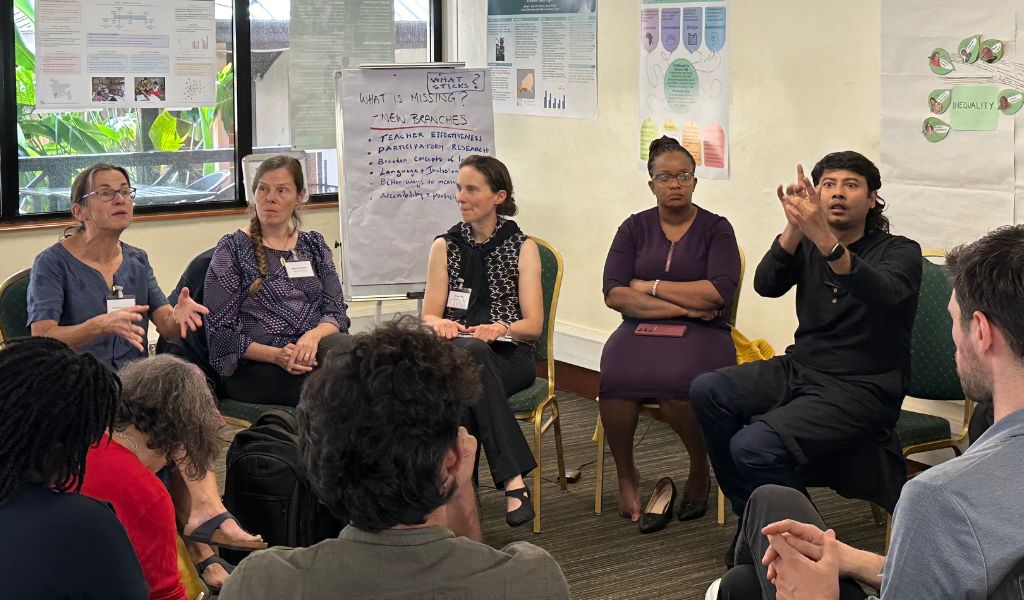Digital accessibility is a prominent topic this year, highlighting the importance of creating and sharing content that is perceivable, operable and understandable by all users.
More often than not the focus is on forthcoming legislation, such as the European Accessibility Act which will come into effect in June 2025 and the Americans with Disabilities Act (ADA) Title II updates which come into effect in the spring of 2026. But making ‘born accessible’ content – from concept through to publication – is much more than compliance. Above all it is about equity and inclusion, creating content and platforms that people with disabilities and people without disabilities can engage with however they choose to.
IDS is celebrating Global Accessibility Awareness Day (GAAD) today, an educational day about digital access and inclusion and to raise awareness of the impact of digital accessibility on the more than one billion people with disabilities and impairments globally. Building on our GAAD 2024 news story on ‘How IDS is making its communications more accessible’, here we highlight three projects and areas of progress from this year and their wider impact.

The HeatNexus website
The newly launched Heat Adaptation Research for Action (HeatNexus) website adopted a born accessible approach to developing a platform for inclusive, equitable communication. The site was developed to meet the Web Content Accessibility Guidelines (WCAG) 2.1 AA standard, in line with its funder, The Wellcome Trust’s, accessibility policy.
The team has continued to test the website and work with the developers on more accessibility features following the launch and are committed to doing so throughout the project. Our learning from this will feed into future projects.
Accessible eBooks and the European Accessibility Act
IDS is working to meet the requirements of the forthcoming European Union Directive, which sets minimum accessibility requirements for published eBooks from 28 June 2025. The Act will ensure that all eBooks available to EU Member States from this date are accessible to people with disabilities.
IDS is working to ensure that its eBooks and Edited Collections published from 28 June meet the WCAG 2.2 AA standard. This includes:
- providing image descriptions for visual content;
- checking colour contrast; and
- including closed captions for embedded videos, and transcripts and audio descriptions for videos or audio content.
We will also expand the formats that we publish in, with each eBook available in both accessible EPUB 3 and PDF formats, enabling readers to choose the format they prefer to read.
Event accessibility for the Raising Learning Outcomes project
The Raising Learning Outcomes project held an event in Nairobi in 2024, bringing together researchers from around the world to share learning and build connections. The organising team worked closely with Deaf researchers who were attending the event and accessibility experts to design a space where everyone could participate fully. This included Indian, Ugandan and International Sign Language interpretation, designing sessions and activities in ways that all participants could engage, and providing quiet spaces and breakout areas for informal conversation.
Considering the accessibility of the event from the outset meant that that participants with access requirements felt truly included, and participants without access requirements were inspired to rethink accessibility in their own work.
Researchers from the project who attended the event in Nairobi have revealed some of the often-invisible barriers that prevent children from fully accessing education, and have since authored a blog to champion five critical strategies for disability inclusive education.

